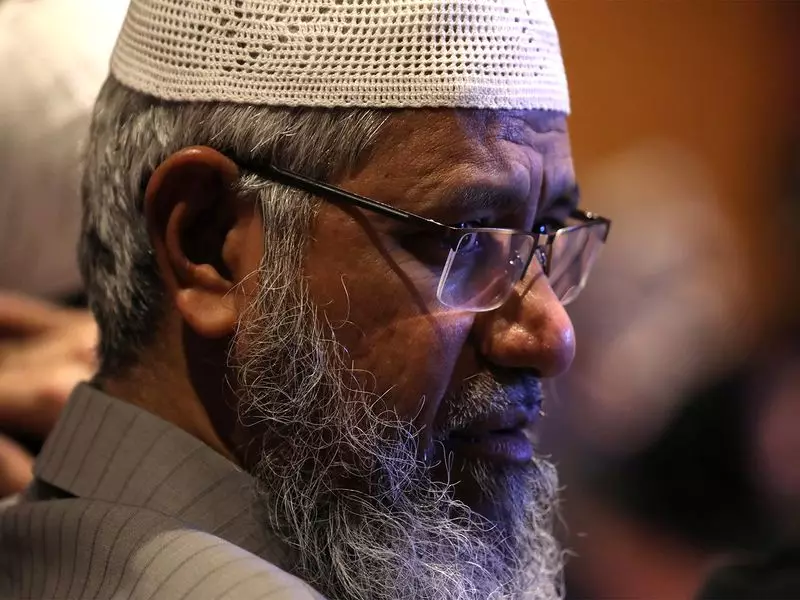
In a significant move that has drawn international attention, Bangladesh's interim administration has formally declared controversial Islamic televangelist Zakir Naik persona non grata, explicitly prohibiting his entry into the country. This decisive action comes amid growing security apprehensions and ongoing investigations surrounding the Mumbai-based preacher.
Government's Firm Stance on National Security
The caretaker government, currently overseeing Bangladesh's administrative functions, has made it unequivocally clear that Naik will not be permitted to cross Bangladeshi borders under any circumstances. This firm position reflects the administration's commitment to maintaining national stability and security, particularly given the sensitive nature of religious discourse in the region.
Background of the Controversial Figure
Zakir Naik, known for his provocative interpretations of Islamic teachings and massive online following, has long been a polarizing figure in South Asia. His sermons, which reach millions through various digital platforms, have frequently drawn criticism from multiple governments and international observers for their contentious nature.
The Islamic preacher has faced legal challenges in several countries, including India, where authorities have raised concerns about the potential impact of his teachings on communal harmony. These concerns appear to have influenced Bangladesh's current administration in their decision to implement the entry ban.
Regional Implications and Security Considerations
Bangladesh's strategic position in South Asia makes security decisions particularly significant for regional stability. The government's move to bar Naik's entry demonstrates a proactive approach to preventing potential religious tensions and maintaining the country's secular fabric.
Security analysts suggest this decision aligns with Bangladesh's broader efforts to combat extremism and promote moderate religious practices. The interim government's action sends a strong message about the country's zero-tolerance policy toward individuals whose activities might threaten social harmony.
Ongoing Investigations and International Scrutiny
The ban comes at a time when Naik remains under international scrutiny for his activities and teachings. Multiple intelligence agencies continue to monitor his influence across South Asia, with particular attention to how his messages might affect vulnerable populations.
Bangladeshi authorities have emphasized that their decision is based on comprehensive security assessments and aligns with the nation's interests. The interim government has stated it will maintain vigilance regarding individuals whose activities might compromise national security or social cohesion.
This development represents another chapter in the ongoing controversy surrounding Zakir Naik's international activities and the measures governments are taking to address potential security concerns related to religious discourse.






